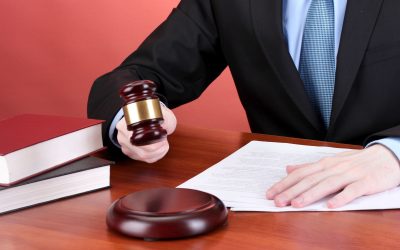Laws and statutes for Illinois change frequently. That means a good attorney has to stay on top of changes that relate to their service specialty. You want to speak to a divorce lawyer who understands everything possible about the process so that you have access to the most legitimate and timely information when it comes to divorce proceedings.
One of the recent changes when it comes to divorces is the process of defining maintenance guidelines for a spouse who is seeking alimony or support. The evolution of laws is nothing new, but the sheer number of changes as of late can be overwhelming. Another change that is important for a divorce family law firm to understand is how eavesdropping laws in Illinois now work.
In the past, Illinois had a no eavesdropping law. As of the Illinois Eavesdropping Statutes, any divorce lawyers had a requirement to inform their clients that recording a conversation with anyone else without their knowledge was not only inadmissible but illegal in itself. As such, individuals were warned not to record conversations unless they had full consent to do so.
In 2014, things changed to some extent. In the case People vs. Clark, the supreme court of Illinois determined that the eavesdropping statute was unconstitutional. As such, a new version of the Illinois Eavesdropping Statute was made effective at the end of the year.
The problem with the old statute was that it was not always easy to determine what conversation was deemed private. While things that would seem private, such as a conversation between spouses alone, were considered as such, there were many other interpretations. It was illegal to record public debates, loud conversations in public, and arguments where anyone could walk by and hear them. It was considered unjust by many that these conversations could not be recorded and used as evidence in cases.
The new laws say that everyone in a private conversation must give permission to be recorded. However, some of the public exchanges mentioned are no longer considered private. This is a step in the right direction but still means that clients must be told that not every conversation with their spouse has that same level of privacy.
If you are confused about the current eavesdropping laws and want to ask a professional about what is appropriate, consider Michael C. Craven at Divorce Lawyers Chicago. This divorce family law firm is well-known and experienced with cases like yours. You can contact him via his website or make a phone call to 312-621-5234.

